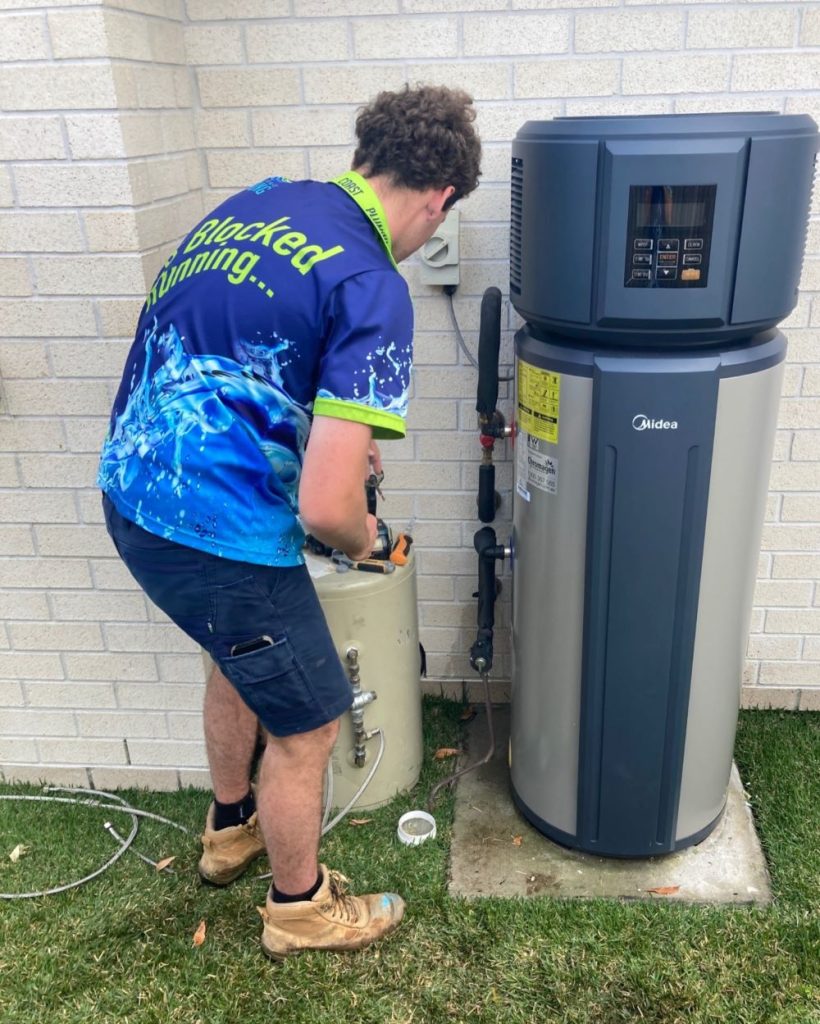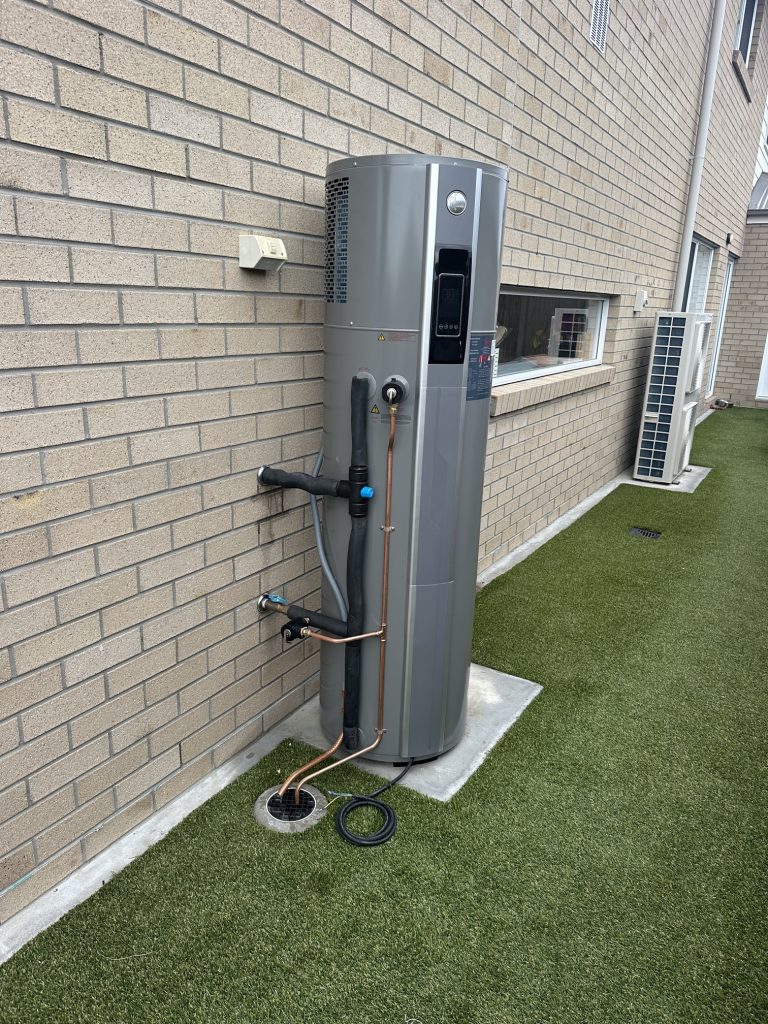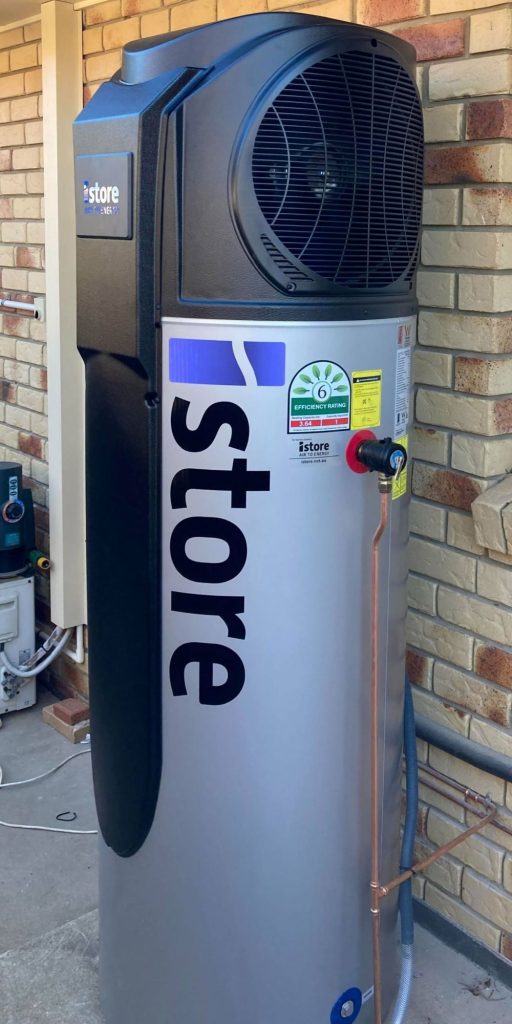Comprehensive Tips for Selecting the Perfect Hot Water System for Queensland's Unique Climate
When it comes to choosing the most suitable hot water system for your residence in Queensland, it is essential to look beyond just the brand and storage capacity of the system. A profound understanding of various critical factors is crucial in influencing the overall performance of the system. These considerations include the local climate, prevailing humidity levels, electricity tariffs, and your household’s specific daily water consumption needs. As energy prices continue to rise, many households are increasingly turning to heat pumps for their remarkable energy efficiency and environmentally friendly benefits. However, it is vital to acknowledge that heat pumps may not suit every type of property. A comprehensive assessment of all these variables is necessary to ensure that you choose a hot water solution that will provide superior performance and lasting durability.
This article aims to explore the operational efficiency of heat pumps within the diverse climatic conditions of Queensland, identify the types of homes that benefit the most from these advanced systems, and debunk prevalent myths that could lead to unsatisfactory performance or incorrect system selections.

Maximising Heat Pump Performance in Queensland's Coastal Areas
Heat pump water heaters operate by extracting thermal energy from the ambient air surrounding them. Their effectiveness significantly improves when the air temperature is elevated. In the coastal regions of Queensland, especially in popular locations such as the Sunshine Coast, Brisbane, and the Fraser Coast, the average air temperatures typically remain above 5°C, even throughout winter. This consistent warmth enables heat pumps to operate efficiently all year round without needing additional electric heating or boosting, which is often essential in colder climates. By harnessing this natural energy, homeowners can enjoy lower energy costs and a reduced carbon footprint.
Key Environmental Factors That Boost Heat Pump Efficiency
| Factor | Impact on Heat Pump Functionality | Coastal QLD Efficiency |
|---|---|---|
| Average ambient temperature | Higher temperatures lead to improved efficiency | ✓ Consistently maintained above 5°C |
| Humidity levels | Moderate enhancements in performance | ✓ Generally high and stable |
| Access to off-peak electricity | Reduced operational costs | ✓ Widely available in most regions |
| Roof shading | Minimal impact on efficiency | ✓ No adverse effect on system performance |
| Direct sunlight exposure | Not required for optimal operation | ✓ Performs well even in shaded areas |
Recognising Situations Where Heat Pumps May Struggle to Perform
While heat pumps provide numerous benefits, there are specific conditions in Queensland where their performance may fall short of expectations:
- Inland or elevated regions
In locations such as Toowoomba or the Hinterland, winter nights can experience significant temperature drops. In these scenarios, certain models of heat pumps may have difficulty maintaining optimal efficiency without relying on a booster element, which can lead to increased energy consumption and costs. - Confined or poorly ventilated outdoor areas
Heat pumps require sufficient airflow around their compressor units to operate efficiently. In cramped or enclosed spaces, their ability to extract heat may diminish, and operational noise could escalate, potentially causing disturbances for nearby residents. - Large households with high water demands
In homes that accommodate more than six occupants, systems designed for greater water storage capacity or quicker recovery times, such as solar-boosted gas systems, might be more appropriate for effectively meeting substantial hot water requirements.
Debunking Common Misconceptions About Heat Pumps in Queensland
“They lose efficiency in winter.”
This belief may be accurate for colder southern regions; however, it does not apply to Queensland. In areas where average temperatures consistently stay above 5°C, heat pumps maintain their operational efficiency throughout winter, ensuring a reliable hot water supply even during the cooler months.
“Solar panels are essential for heat pumps to function.”
This assertion is misleading. Heat pumps can operate independently of solar photovoltaic (PV) systems, although integrating them with solar energy can further enhance energy savings and promote environmental sustainability.
“Heat pumps are excessively noisy and disruptive.”
Modern heat pump systems are designed to operate considerably quieter than their older counterparts. When installed correctly in well-ventilated spaces, the noise produced by the compressor unit is minimal, thereby providing a comfortable living environment for homeowners.
Practical Approaches to Optimising Heat Pump Installation and Performance Across Queensland
- Select a system tailored for Australian climates
Choose models that boast high-efficiency ratings and reliable local support, such as istore or Stiebel Eltron, which are well-regarded for their performance in Australian weather conditions. - Install in a well-ventilated yet shaded area
While heat pumps do not necessitate direct sunlight, they require adequate airflow around the unit for effective and efficient operation. - Employ timers or smart controls
By programming your system to operate during periods of solar energy generation or off-peak electricity hours, you can substantially enhance your energy savings and reduce operating costs. - Ensure your system is appropriately sized
A capacity of 250–300 litres is generally sufficient for most families. An undersized system may encounter performance issues and lead to greater reliance on boosting mechanisms, resulting in elevated energy consumption.
The Essential Role of Local Expertise for Successful Heat Pump Installation and Performance
Installing a heat pump necessitates a customised approach to achieve the best results. Optimal outcomes are realised by collaborating with a local plumber who possesses knowledge in:
- Performance customised to local climate conditions, ensuring maximum efficiency
- Eligibility for rebates such as Small-scale Technology Certificates (STCs) and various Queensland government incentives aimed at promoting energy efficiency
- Optimal placement and ventilation strategies to enhance system performance
- Integration with solar PV systems or battery storage solutions, when applicable, to boost energy efficiency
At Creek to Coast Plumbing, we are committed to providing and installing high-performance hot water systems, including heat pumps, across the Sunshine Coast and Moreton Bay regions. Our dedicated team is prepared to assist you in determining which hot water service will best fulfil your specific requirements. As the demand for energy-efficient hot water solutions continues to rise, many individuals are evaluating solar options against heat pumps. We will assess the unique conditions of your residence, recommend the most suitable system, and ensure you are equipped for maximum efficiency.
Explore more about our Heat Pump Hot Water Installations or contact us for a personalised recommendation designed to meet your unique needs.
The Article: Heat Pumps in Queensland: Effective Solutions and Pitfalls first appeared on https://writebuff.com
The Article Heat Pumps in Queensland: Benefits and Challenges Explained Was Found On https://limitsofstrategy.com




